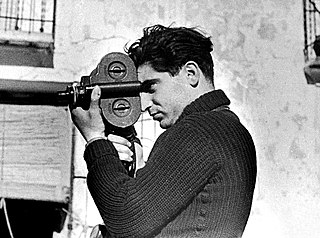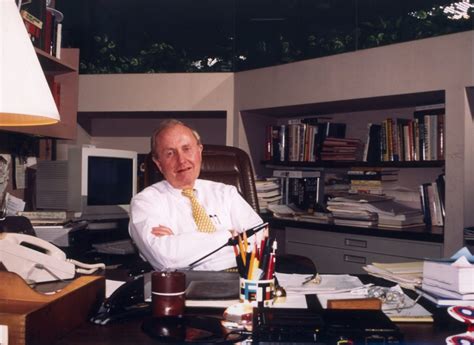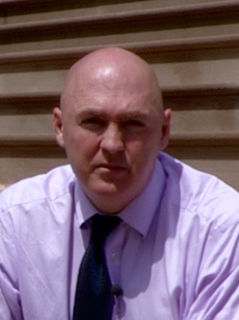A Quote by Alfred Hershey
Actually, my correspondent's language is better than mine. He can put his sentiment into words.
Related Quotes
To demarcate [words in way that changes the meaning] is simply to speak a different language than everyone else. And I do not accept semantic games like that. [...] We need to use words as they are actually used and understood. We can correct errors and inconsistencies and make distinctions. But we can't try to foist an alien language on people.
Hereby perceive we the love of God, because He laid down His life for us, and we ought to lay down our lives for the brethren." How often I think of that 'ought.' No sugary sentiment there. Just the stern, glorious trumpet call, OUGHT. But can words tell the joy buried deep within? Mine cannot. It laughs at words.
I'm German! Actually, I love my countr, ;I love the language. The German language is very special because it is so precise. There is a word for everything. There are so many wonderful words that other languages don't have. It is impressive to have such a rich language, and I love to work in that language.
The charge of being ambiguous and indefinite may be brought against every human composition, and necessarily arises from the imperfection of language. Perhaps no two men will express the same sentiment in the same manner and by the same words; neither do they connect precisely the same ideas with the same words.




































